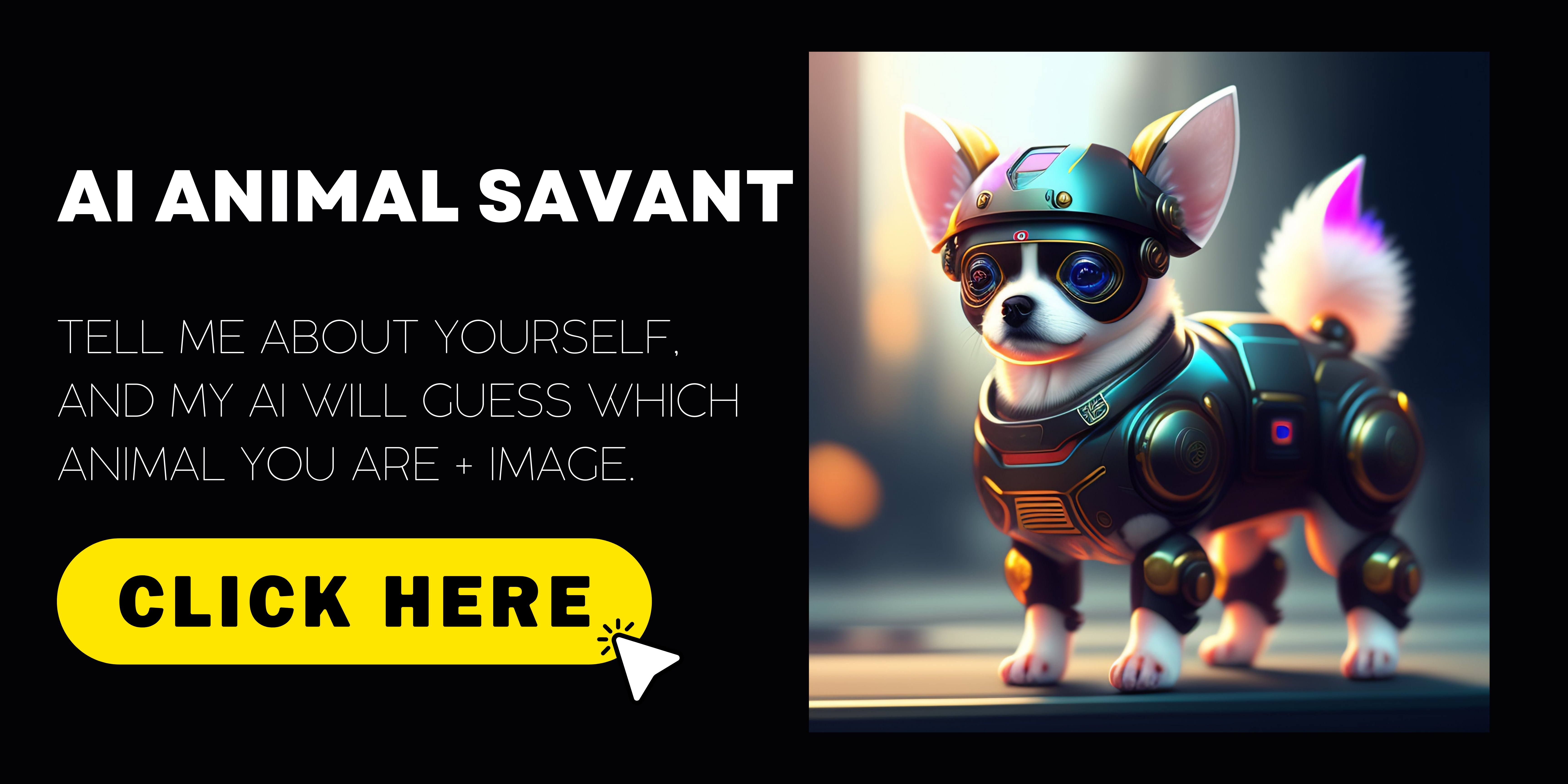If your dog ate Charcoal, what happened? Was it just an upsetting experience for the dog? You are probably scared because you have never heard of dogs dying from poisoning themselves or eating Charcoal. You are not alone.
Can dogs eat Charcoal? No, dogs should not eat Charcoal! It’s best to keep dogs away from Charcoal. Even a small amount can be a toxic substance referring to related articles. Sometimes, dogs will try to eat Charcoal if it is from a grill and has the smell and taste of meat from human food. This is unhealthy for dogs. Charcoal cannot be easily digested, and when it is hot, it can burn the dog’s mouths and harm dogs teeth, tongues, and even the esophagus.
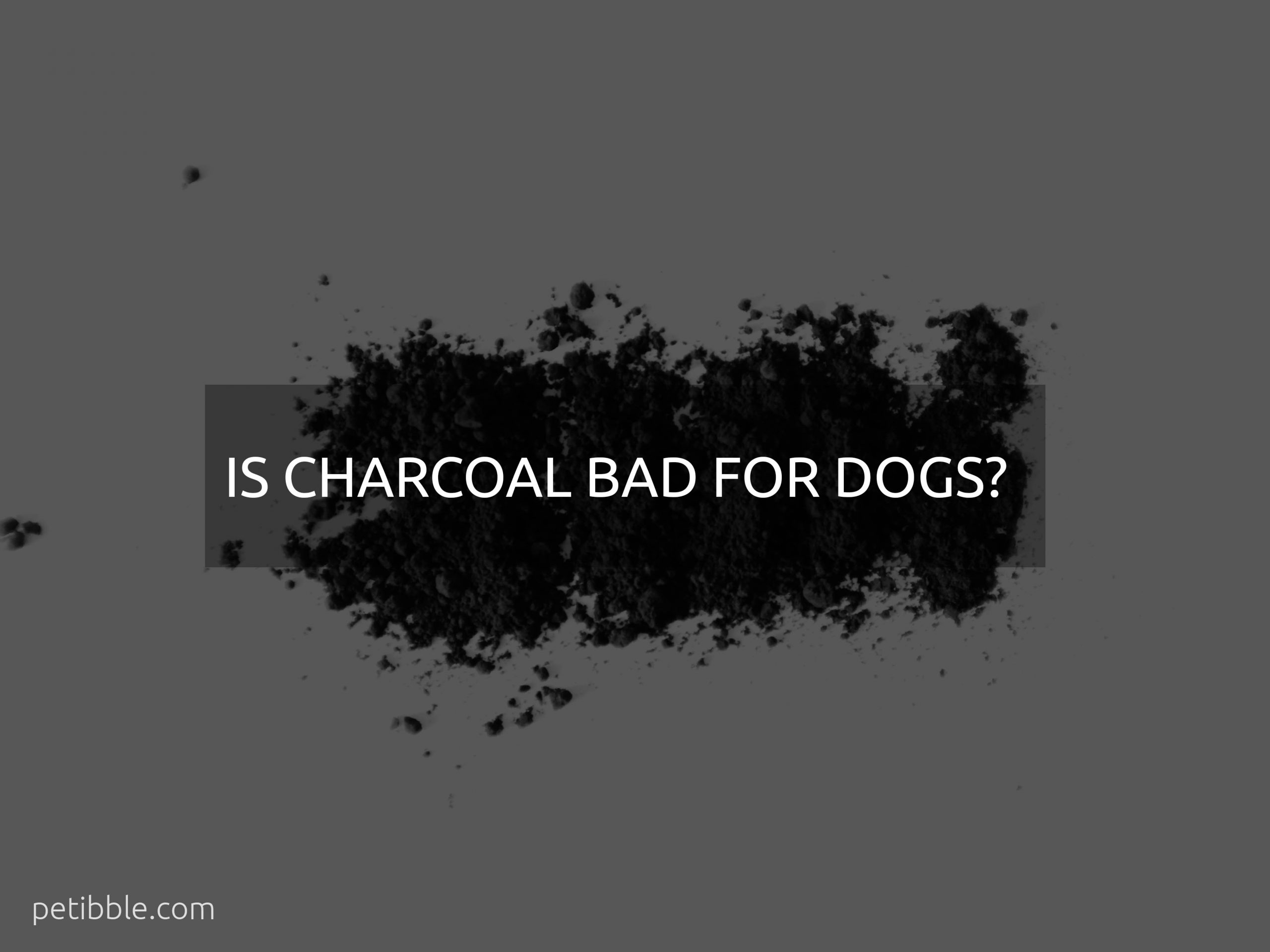
Is Charcoal poisonous to dogs?
There is no definitive answer to this question as charcoal can be both poisonous and non-poisonous to dogs, depending on the type of charcoal and the amount consumed. Some types of charcoal, such as those used in grilling, contain chemicals that can be toxic to dogs if ingested in large quantities. Other types of charcoal, such as activated charcoal, are not poisonous to dogs. Activated charcoal is often used as a treatment for poisoning in dogs, as it can help to absorb toxins in the digestive system. If you are unsure whether or not the type of charcoal your dog has consumed is poisonous, it is best to consult with a veterinarian.
What is in charcoal?
The main component of charcoal is carbon. Carbon is a non-metallic element that occurs naturally in many forms, including diamonds, graphite, and coal. It is also present in living things, such as plants and animals. When charcoal is made, wood or other organic materials are heated to high temperatures in the absence of oxygen. This process causes the material to break down into its various chemical components, including carbon. The resulting product is a black, porous solid that is rich in carbon.
You may like: Is head and shoulders safe for dogs?
What is upcoming side effect if a dog eat Charcoal?
- Ashes contain toxic residues that are harmful to dogs (It contains toxic residues such as potassium, sodium nitrites, lighter fuel, adhesives, and binders).
- May cause stomach upsets in dogs (Charcoal often has lighter fluid or other accelerants added. This accelerant is toxic and can cause dogs who lick the Charcoal ash to get an upset stomach or constipation).
- Cause loss of appetite and lethargy in dogs (Accidentally eating Charcoal can cause lethargy and loss of appetite in dogs. Taking activated Charcoal may help to speed up the toxin removal process).
- Dogs may develop muscle tremors and seizures after eating Charcoal (The tremors and muscle spasms are from vomiting and loss of electrolytes. )
- May cause blockages in the dog’s intestines (A piece of Charcoal that is too big might get stuck in the dog’s intestines and cause a blockage).
- Cause painful burns in your dog’s mouth and throat (While Charcoal is still burning, there is a high possibility that your puppy may burn his mouth, tongue, esophagus, and gums).
- Can cause dogs to vomit or have diarrhea (Dogs can start to vomit or have diarrhea. As a result, they may get dehydrated and excessive thirst and urination may occur).
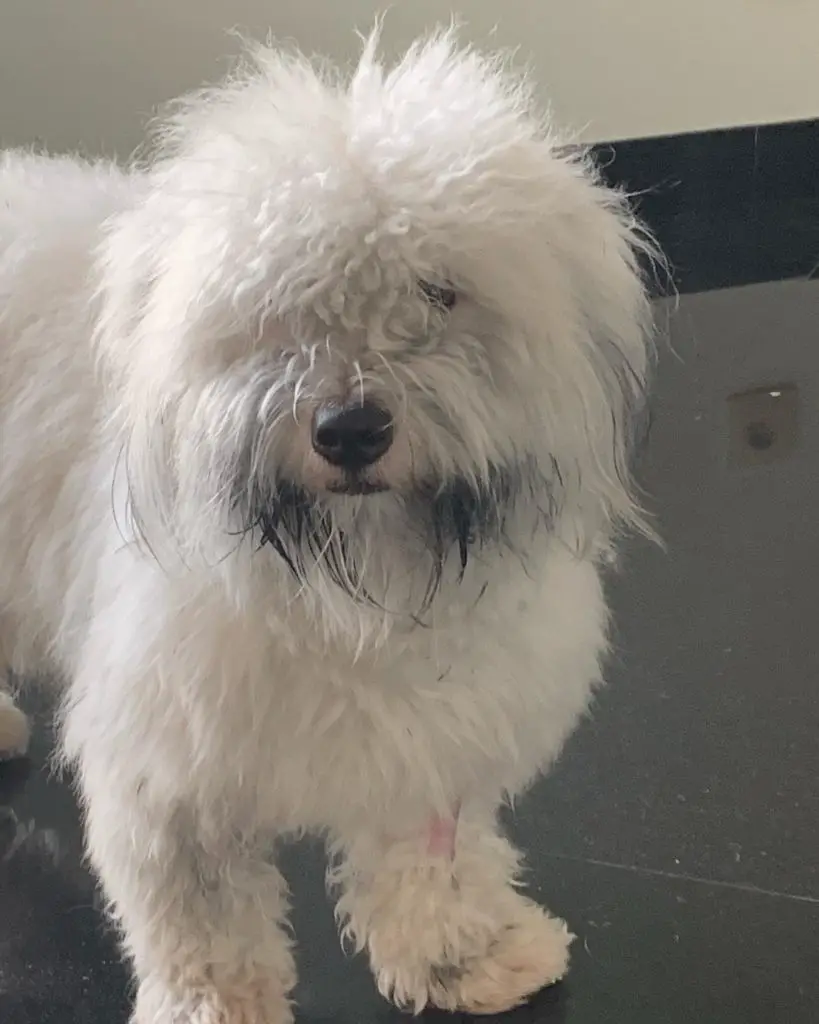
There are some clinical signs of Charcoal poisoning.
Many signs can alert you that your beloved pet has eaten something that could be poisonous. It would be best if you looked out for signs of sickness or upset stomach:
Clinical signs of poisoning in dogs with Charcoal:
- vomiting
- diarrhea
- seizures
- blood in the stool
- lethargy
- loss of appetite
- bruising
- nosebleeds
It would be best if you also looked out for charcoal passing in the stools, as this is always a sign that it’s passed quite safely through the digestive system. in some cases, there are similarities between chocolate poisoning and Charcoal in dogs, they show same toxicity issues in dogs body with same clinical signs.
Dogs tend to vomit, which is one way to get rid of ingested material. They will do this even if there isn’t any poisonous substance. They may also have some loose or wet food products if they vomit. You should immediately take your pet to the vet and get them treated with antacids and antibiotics if needed.
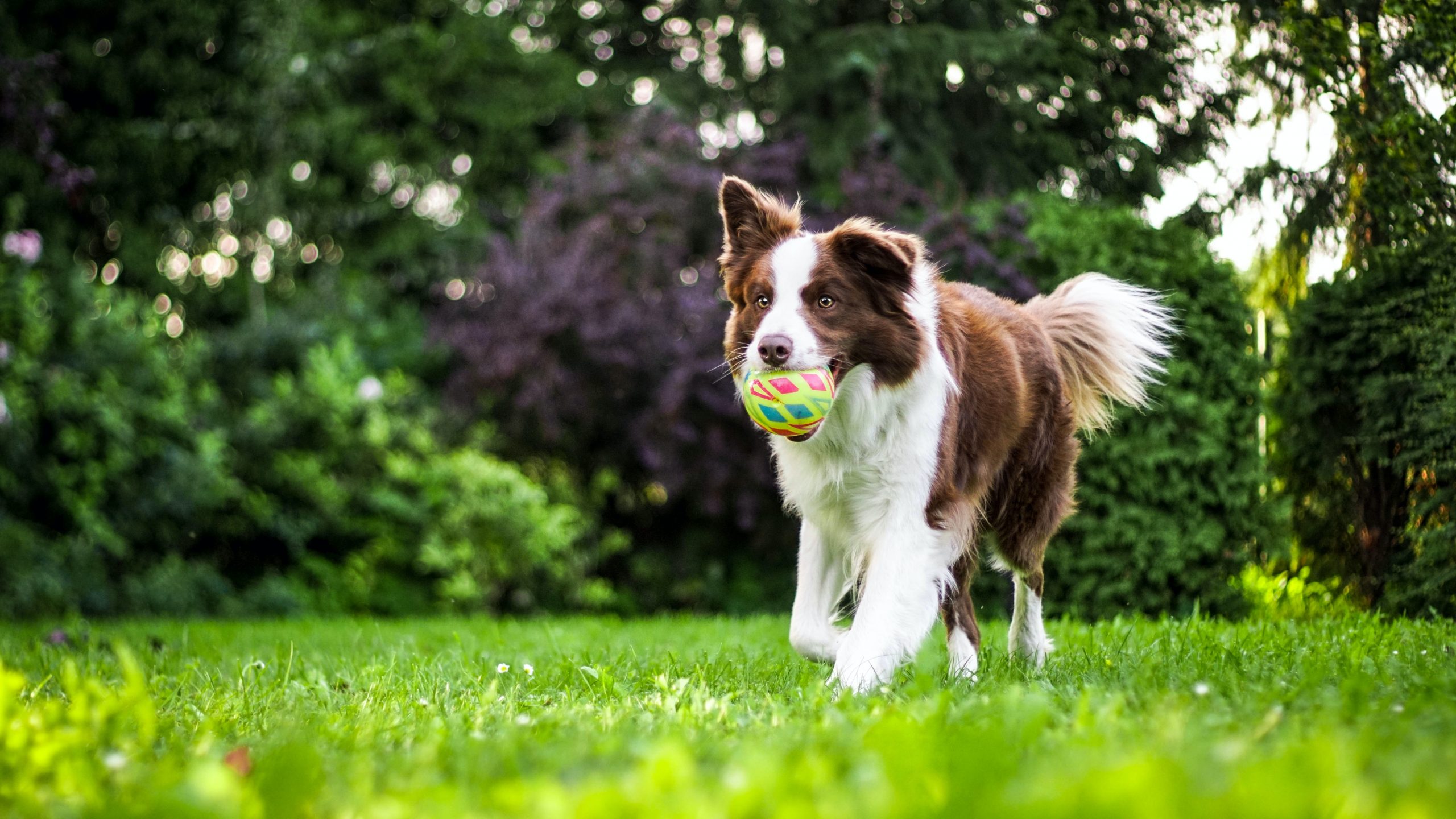
Get them to the vet as fast as you can.
If your dog ate a large amount of Charcoal and suffered from poisoning, you’ll want to get your dog to the vet right away. The vet will be able to identify what caused the poisoning and can recommend a proper treatment plan. In most cases, a large amount of silica is the cause of death in animals exposed to a large amount of silica.
Some common symptoms will alert you to the possibility that your dog has ingested a large amount of silica. A dull coat or hair, drooling on the stomach or in the mouth, and vomiting will usually indicate an animal ate a large amount of silica. However, there are other symptoms that you should be aware of. Some of these symptoms include diarrhea, a loss of appetite, excess fatigue, lack of coordination, and personality changes.
You may like: how do you get dogs unstuck?
Can dogs digest activated Charcoal?
Yes, dogs can have activated Charcoal. It is safe for dogs. A vet must approve activated Charcoal before it is given to your pet. After your dog has ingested the poison, give activated Charcoal to them as soon as you can. Give your dog one to five grams of activated charcoal dosage for every kilogram of their weight. Give activated Charcoal to your dog as quickly as possible after they ingest the toxin. Activated Charcoal is an easy-to-source, over-the-counter supplement safe for dogs that have consumed toxins. Dogs can have activated Charcoal in liquid, powder, or pills in capsules or tablets. For each kilogram of your dog’s weight, give them one to five grams of activated charcoal powder.
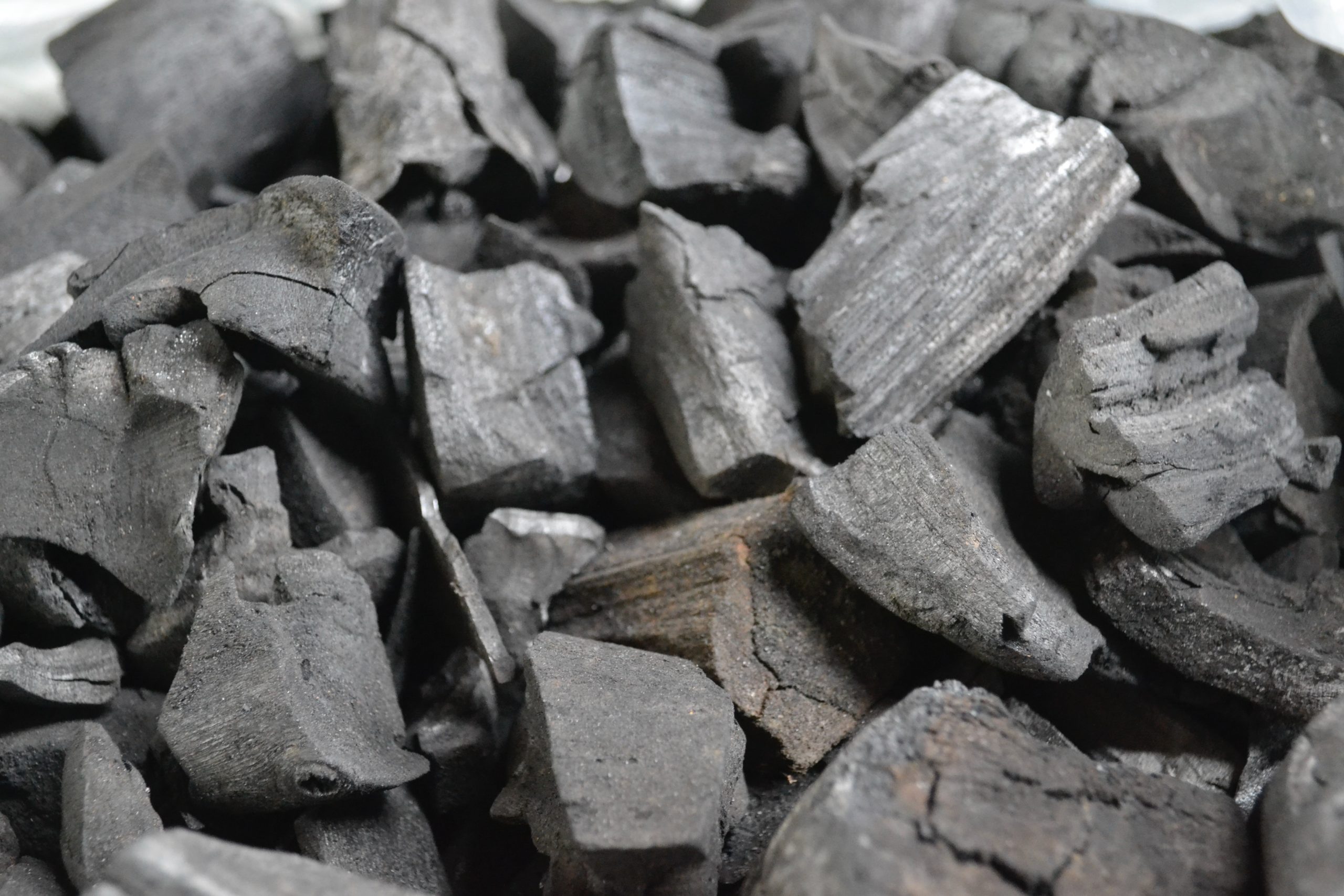
How to know signs quickly?
Owners need to recognize these symptoms. In most cases, you can prevent further damage to their health by recognizing the signs quickly. If you notice any of them, get your dog to the vet right away. It’s best if you can catch the dog in the act since the effects of being exposed to Charcoal over a long period can be more deadly than you might think. The lining of the intestines can become inflamed, which can cause blockages. This can happen if the dog swallows a piece of the Charcoal.
Often, dog activated Charcoal is recommended to help decontaminate your pet. But like most treatments, there are limitations regarding its efficiency and usage. Before administering activated Charcoal to your pet, make sure your dog’s vet approves it.
Here are toxins absorbed by activated Charcoal:
- strychnine
- narcotics
- ibuprofen
- chocolate
- dark chocolate
- pyrethrins
- marijuana
- aspirin
- prescriptions
- bromethalin
- rodenticides
- acetaminophen
Your vet may also decide that induced vomiting is necessary. This helps clear out some toxins before activated Charcoal gets rid of the rest.
You may like: can you put baby powder on dogs?
Conclusion
If you think that your pets have ingested anything at all, get them to the veterinarian right away. You don’t need to worry about the dangers of a charcoal diet, but you do need to be aware of the warning signs. Animals can sometimes lick their paws after eating so there is no way for you to be sure what was eaten. If your vet suspects that your pet has ingested something dangerous, he or she will need to perform an analysis of the animal’s urine or feces.


